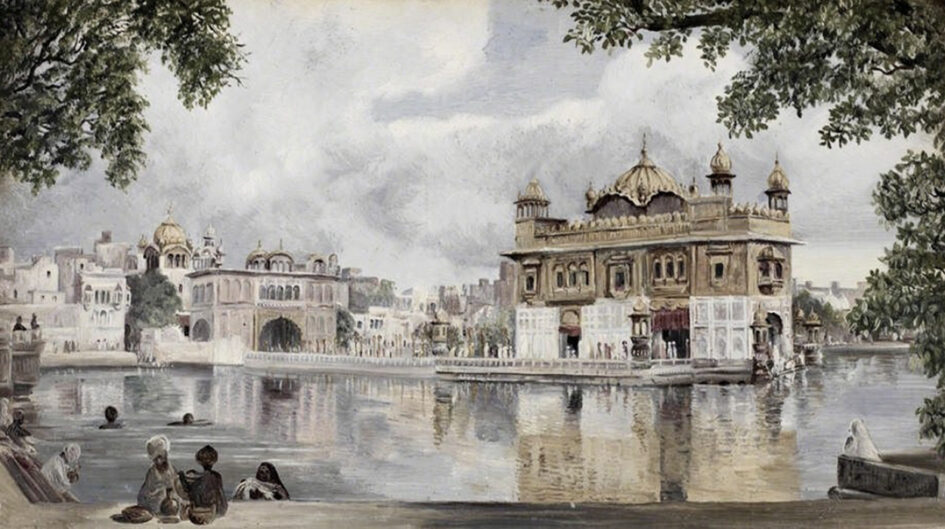When I was 12 years old, I came across a Telugu translation of “A Search in Secret India” by Dr. Paul Brunton, and it was an incredible experience. From the moment I started reading, I was so drawn to the book’s mesmerising account, that I couldn’t put it down and devoured it in two days. The author’s compelling narration transported me to a surreal world that I couldn’t resist exploring. Even today, years later, I still vividly remember the awe-inspiring experience of reading this book, and I consider it one of the most fascinating works of literature I ever read.
The book, first published in 1934, is a captivating travelogue that chronicles the expedition of Dr. Paul Brunton, a British journalist and philosopher, who ventured to India in the early 20th century with a strong curiosity to explore the mystical and magical heritage of India. He travelled extensively throughout the country, meeting a diverse range of people; magicians, occultists, psychics, sages and yogis, and delved deep into the esoteric practices of various religions to discover their true essence.
The book is organized around Brunton’s encounters with different masters and their teachings. Each chapter takes the reader on a journey through different regions of India, describing his experiences with yogis and gurus. Brunton’s ability to articulate his experiences with clarity and sensitivity brings them to life on the page. His vivid descriptions of the people he met, the landscapes he traversed, and the practices he observed, create the sense of being transported to an entirely different world.
During his travels, Brunton witnesses unexplainable supernatural phenomena like materialisation, telepathy, levitation, and psychic healing and encounters a diverse range of people with different spiritual practices. He meditates with monks who are experts in the art of concentration, spends time with a hermit who has not spoken in years and meets a woman who can predict the future.
There are many more mysteries in the book but its most significant aspect is Brunton’s encounter with Ramana Maharshi, whom he describes as the most remarkable sage he ever met. He spent a lot of time in the presence of the sage, learning things which had a profound effect on his life.
What distinguishes Brunton from others is his impartial nature. He is not afraid to question the authenticity of the spiritual leaders he encounters, and remains objective in his assessments. Brunton’s skepticism adds depth to his writing and makes him a reliable source for readers curious about spiritual exploration. The best thing about the book is that it explores the search for the “real India” beyond the superficial. Brunton discovers India which is steeped in tradition, mythology, and spirituality. He also uncovers the dark side of Indian spirituality which includes frauds, charlatans, and fakes.
The writing style of the book is elegant, straightforward, and immersive. The author has a gift for storytelling, and his descriptions of people and places are lyrical and evocative. His writing is also infused with a sense of awe and mystery that captures the essence of his spiritual quest. The book is a page-turner, and readers will find themselves engrossed in Brunton’s journey and eager to learn more about India’s spiritual landscape.
In conclusion, “A Search in Secret India” is a masterpiece of literature that encompasses travel writing, cultural anthropology and personal introspection. The book provides a glimpse into the mysterious realms of India, its rich tapestry of spiritual customs, and the journey towards self–realization. For those keen on exploring the profundity of Indian culture or embarking on a quest for the unknown, this book is a must-read as it offers insightful, thought-provoking, and inspiring writing.



Leave a Reply